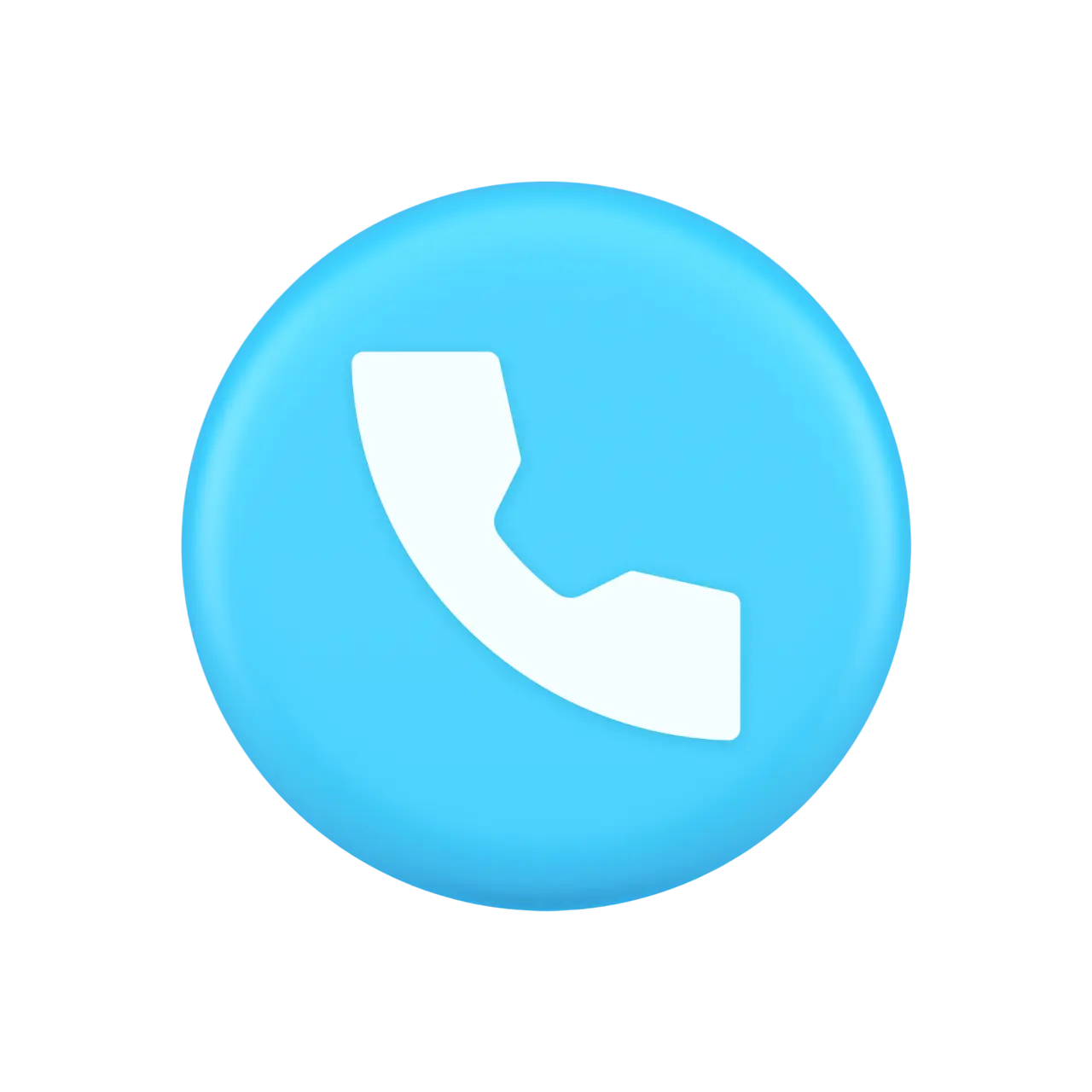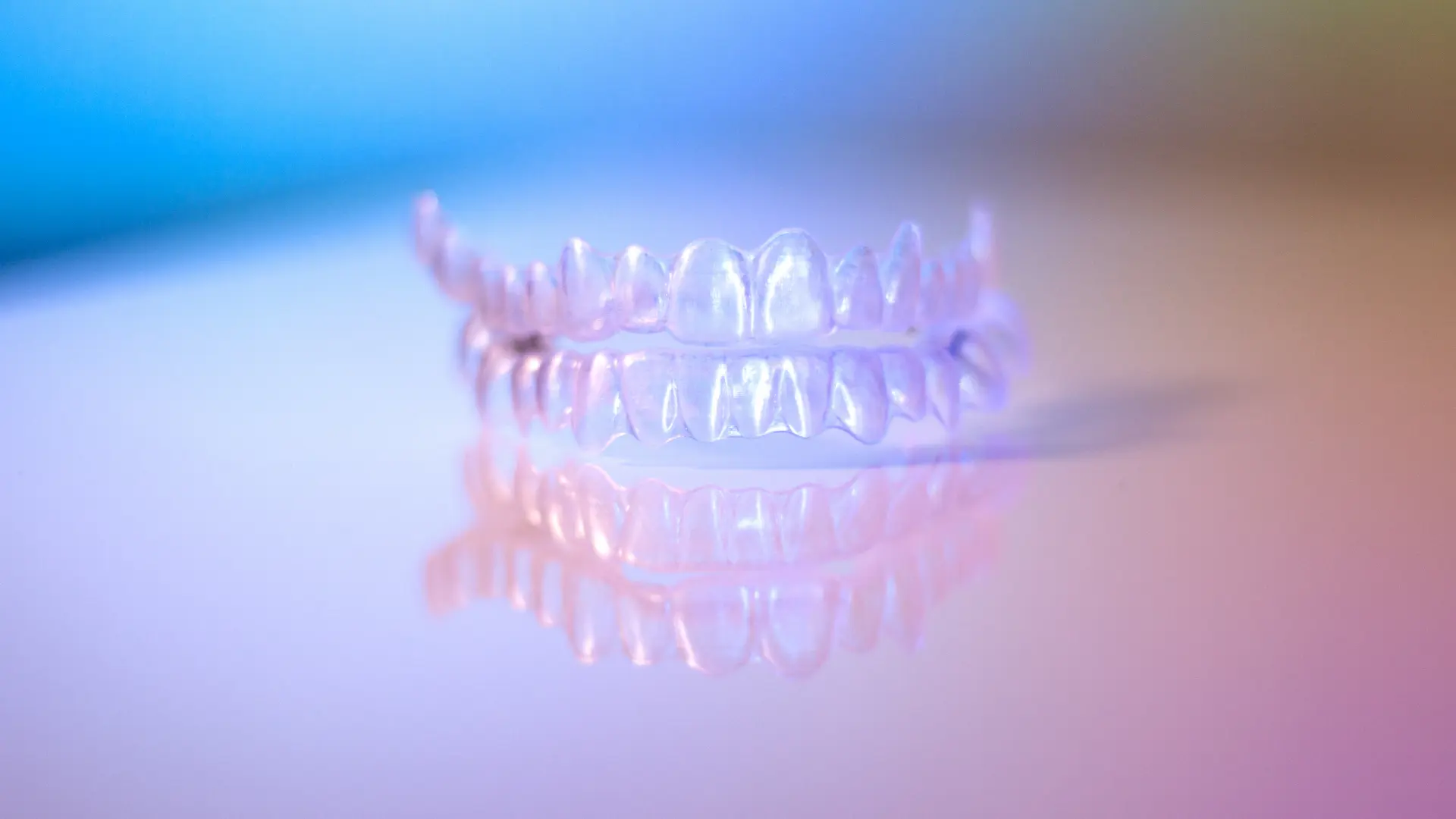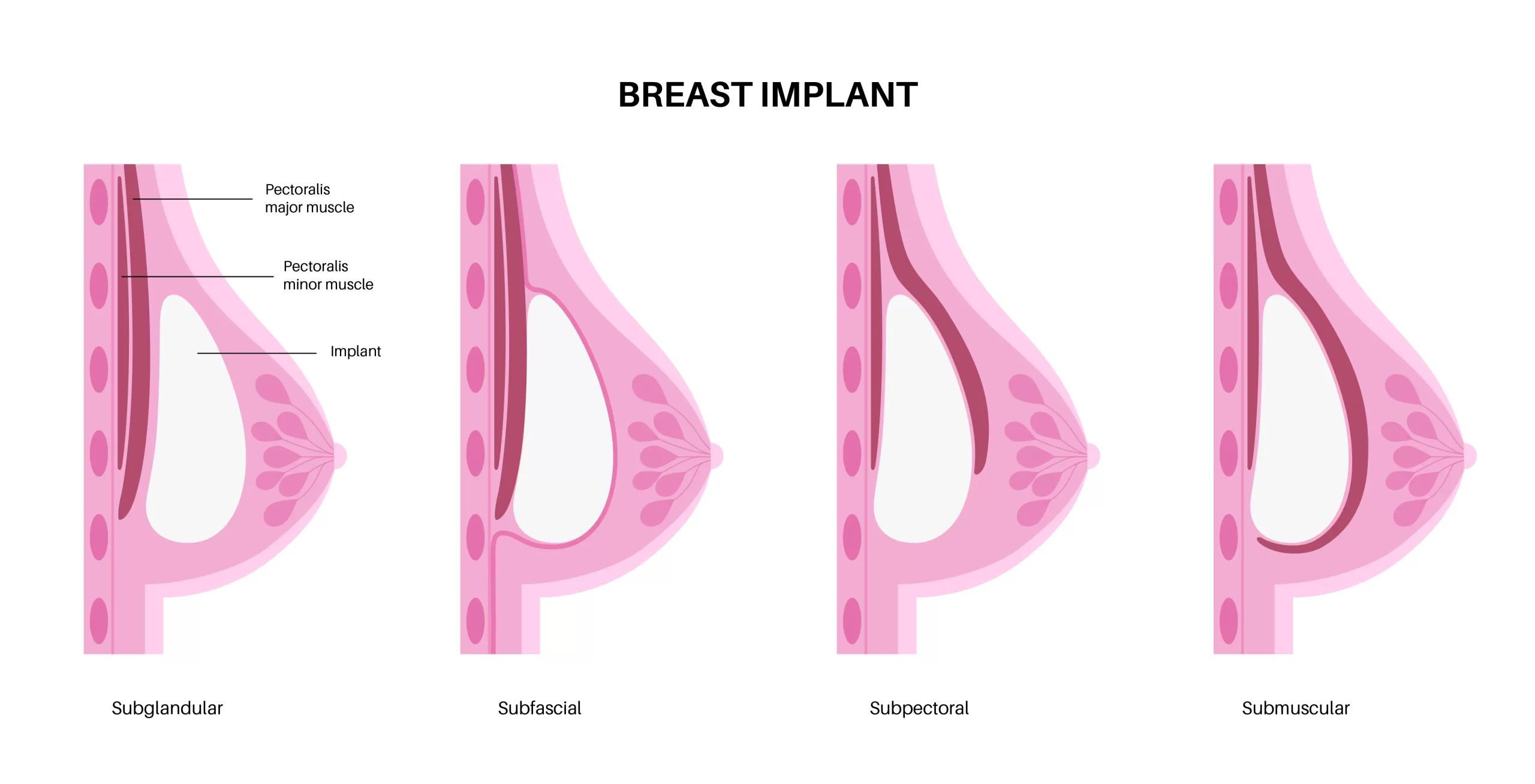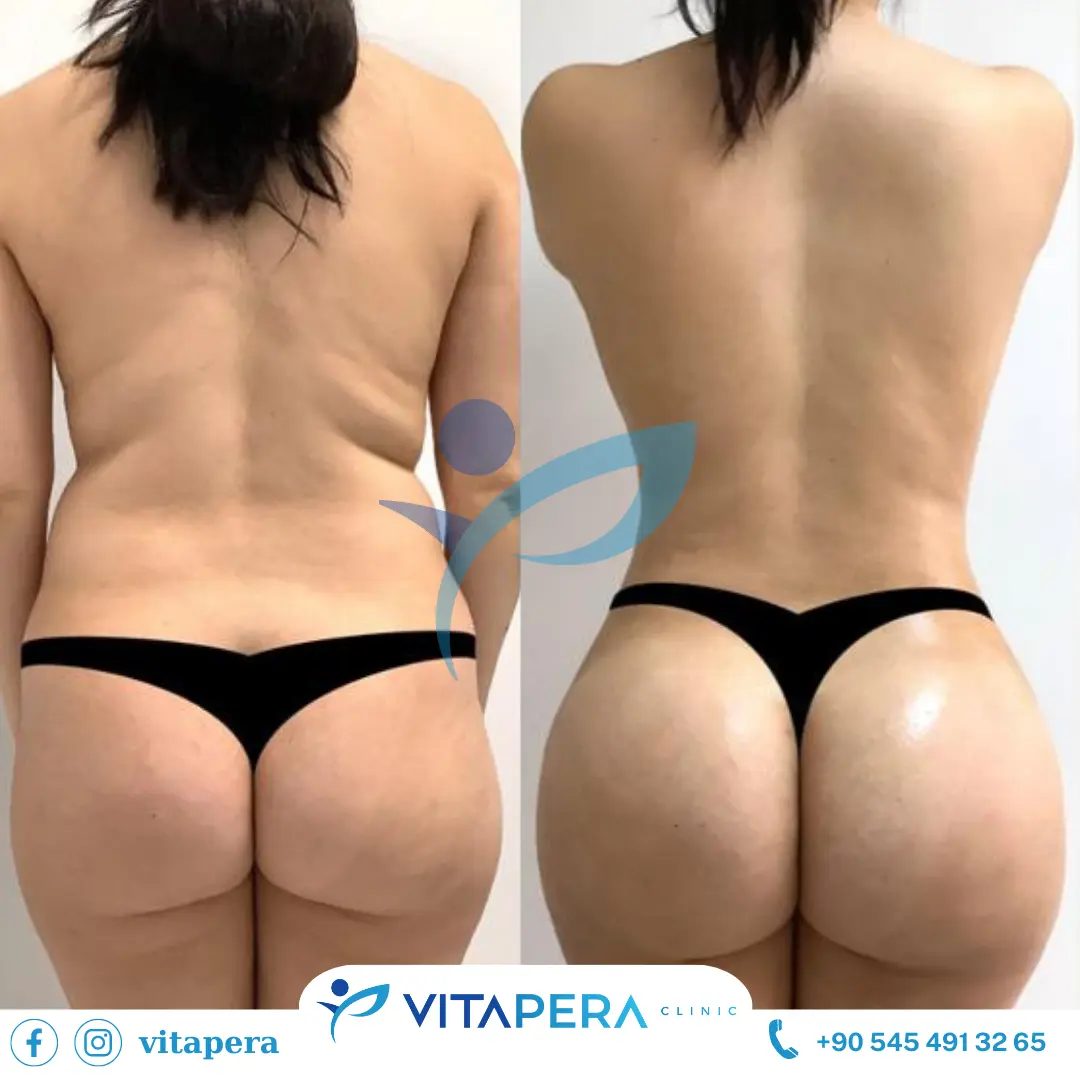Permanent dental retainers provide a long-term outcome maintenance solution. In this article, we will explore the characteristics of permanent retainers, including their advantages, process of installation, and crucial aftercare measures for you to have a forever lasting and perfect smile!
Permanent Retainers: What they are & how to care for them
A bonded retainer, also called a permanent retainer, is a thin wire usually made of stainless steel or something comparable and is attached to the back of your teeth.
They are usually prescribed following orthodontic treatment to aid in keeping your teeth in position and to stop them from reverting back to their original position.
Retention care is a very important aspect of permanent retainer use for their function and extermination. Here are some tips:
- Regular Oral Hygiene: Even with the permanent retainer, brushing and flossing are the important part. Brush and floss around the wire and in between teeth with a soft-bristled toothbrush and dental floss.
- Regular Dental Check-ups: Keep visiting your dentist for the inspections and professional cleanings. Your dentist can check the condition of your retainer and do the required adjustments.
- Special Tools: Interdental brushes or floss threaders are useful for removal of debris around the wire and in difficult to reach areas.
- Avoid Sticky Foods: Foods that are sticky or hard could either destroy the retainer or get it off. Do not chew ice or hard candies, and be careful with things like caramel or taffy.
- Protect Your Retainer: In case you are involved in sports or grind your teeth during the night, wear a mouthguard to protect your retainer from damage.
- Follow Orthodontist’s Instructions: Your orthodontist will give you detailed guidance on how to take care of your retainer. Adhere to these instructions to get the best result.
- Be Mindful of Changes: Should you notice any changes in the fit of your retainer such as it becoming loose or causing discomfort, get in touch with your orthodontist for review and possible adjustments.
If you follow these dental care tips, you can guarantee that the permanent retainer will be helping you to maintain teeth straightness effectively for many years.
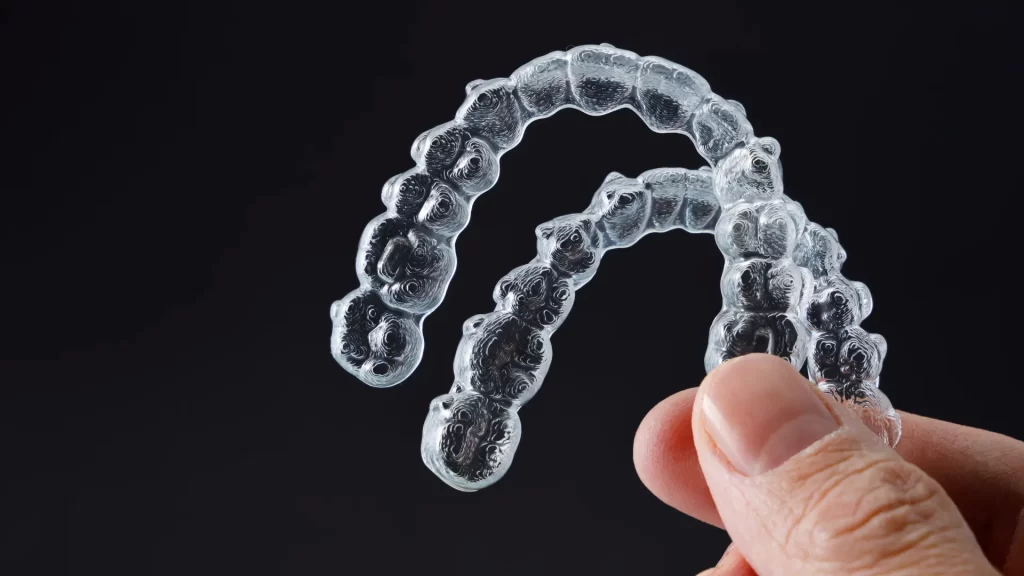
Are there Bonded (or Permanent) Retainers?
Indeed, bonded or permanent retainers are frequently utilized in orthodontic therapy to support the alignment of teeth once the braces or other orthodontic appliances are eliminated. Most of such retainers are made of a thin wire that is adhered to the back of the teeth, typically the front lower teeth.
However, while removable retainers can be removed for eating and cleaning, bonded retainers are not removable.
Patients who have bonded retainers need to be careful with cleaning of the wire to prevent the plaque from developing and have good oral hygiene. Another aspect of the retainers’ proper maintenance is regular dental control to make sure that retainer is maintained in an appropriate way and to eliminate any problems which can appear.
In general, bonded retainers are an excellent choice to keep a straight and attractive smile in the long run.
What can I eat with my Bonded (or permanent) Retainers?
For all those with bonded retainers, it is important to watch your diet so as not to damage the appliance. Choose softer foods that will not stress your teeth. Stay away from hard, sticky, or tough foods which may dislodge or snap the retainer. Furthermore, reduce the intake of sweets and sweet drinks in order to keep your mouth healthy.
How do I clean my Bonded (or permanent) Retainer?
Correct bonding retainers should be cleaned to ensure oral hygiene and avoid plaque accumulation that can result in tooth decays and gum diseases. Gently clean the retainer and its surrounding teeth with a soft-bristled toothbrush and fluoride toothpaste after meals and before bedtime. Moreover, use floss threaders or interdental brushes to clean in between the teeth and wire of the retainer.
Do I Need a Bonded (or Permanent) Retainer?
Orthodontists commonly prescribe bonded retainers to avoid teeth from reverting to their initial position following braces or any other orthodontic therapy. They offer ongoing stability over the long term and help to keep the results of orthodontic therapy, ensuring a straight and aligned smile. People who may benefit from bonded retainers include:
- Individuals with a history of significant crowding or spacing between teeth: The teeth that used to be crowded or spaced are likely to return to their original position after orthodontic treatment if not properly supported.
- Patients with particularly unstable bite patterns: Some people have bite patterns that make their teeth more susceptible to crowding. Retainers that are bonded help in stabilizing the alignment of the teeth as well as preventing relapse.
- Those with habits that can affect tooth alignment: Some habits like tongue thrusting or thumb sucking can lead to tooth displacement. For those who are bonded retainers can also help to neutralize the impact of these abuses by keeping proper tooth alignment.
- Individuals with a preference for a low-maintenance option: Bonded retainers remove the necessity of wearing and cleaning removable retainers on a regular basis. They offer an easier way of preserving the outcomes of orthodontic therapy.
Is There A Chance For My Bonded Retainer To Be Removed?
The need for removal of a bonded retainer depends on several factors, including the advice of your orthodontist and how stable your teeth are. Removal of bonded retainers may be necessary if they are damaged or if directional changes in teeth alignment occur, which necessitate adjustments in the retainers.
How long does a Permanent Retainer last?
With proper care and maintenance, permanent retainers can last for a long time. But they might require periodic re-adjustments or repairs with time to make sure that they still do their work effectively by holding the teeth in position.
The proper care is critical when you aim to have a permanent retainer to be long lasting. Patients should also follow good oral hygiene practices that include regular brushing and flossing as plaque can form around the retainer.
Regular dental visits are also important for keeping the retainer in attention and fixing any problems with it quickly.
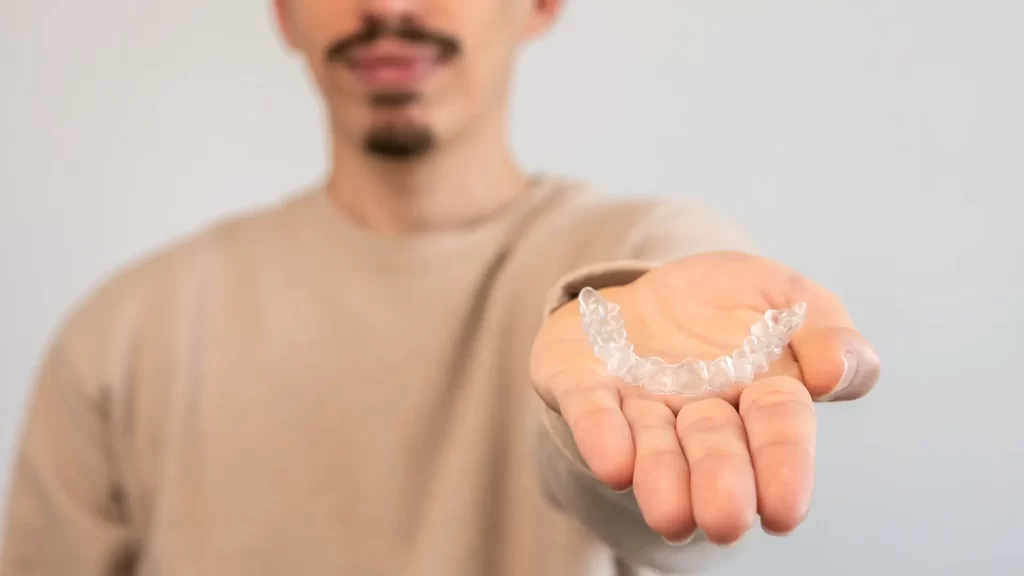
Can Permanent Retainers be used?
Yes, permanent retainers can be applied and are widely advocated by orthodontists as a way to keep teeth in the correct position after an orthodontic treatment. The other type of retainer, which is also known as a bonded retainer, is made up of a thin wire that is bonded to the back of the teeth, mostly the lower front teeth.
They offer ongoing protection, preventing teeth from returning to their initial positions following the removal of braces or other orthodontic appliances.
The advantages of permanent retainers are convenience and effectiveness. Unlike removable retainers that must be consistently worn and risk being lost or forgotten, bonded retainers are permanent and do not require much action from the patient.
It makes them especially suitable for patients that may encounter compliance concerns and who want a low maintenance method of maintaining their orthodontic results.
Can Your Teeth Keep Moving with a Permanent Retainer?
Even though permanent retainers are meant to stop teeth from shifting, there is some movement that can occur with time if a patient falters in oral hygiene or if the retainer is damaged. Continuous dental check-ups as well as following care instructions are important for minimizing the chances of teeth movement with a permanent retainer.
What is the cost of Permanent Retainers?
The price of the permanent retainers depends on several factors, including the difficulty of the orthodontic treatment, the kind of material used, and the location of the dental practice.
It is crucial to discuss with your orthodontist the exact amount for acquiring and maintaining a permanent retainer. Want to know how much permanent retainers cost in Turkey? Call us at Vitapera, and our staff will guide you!



